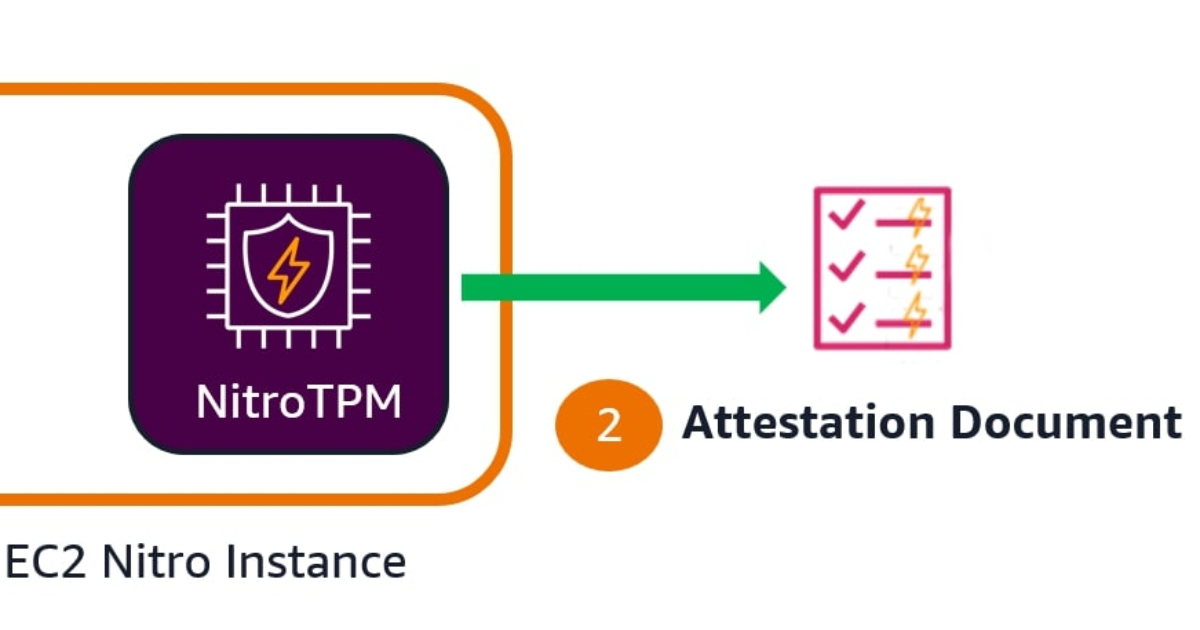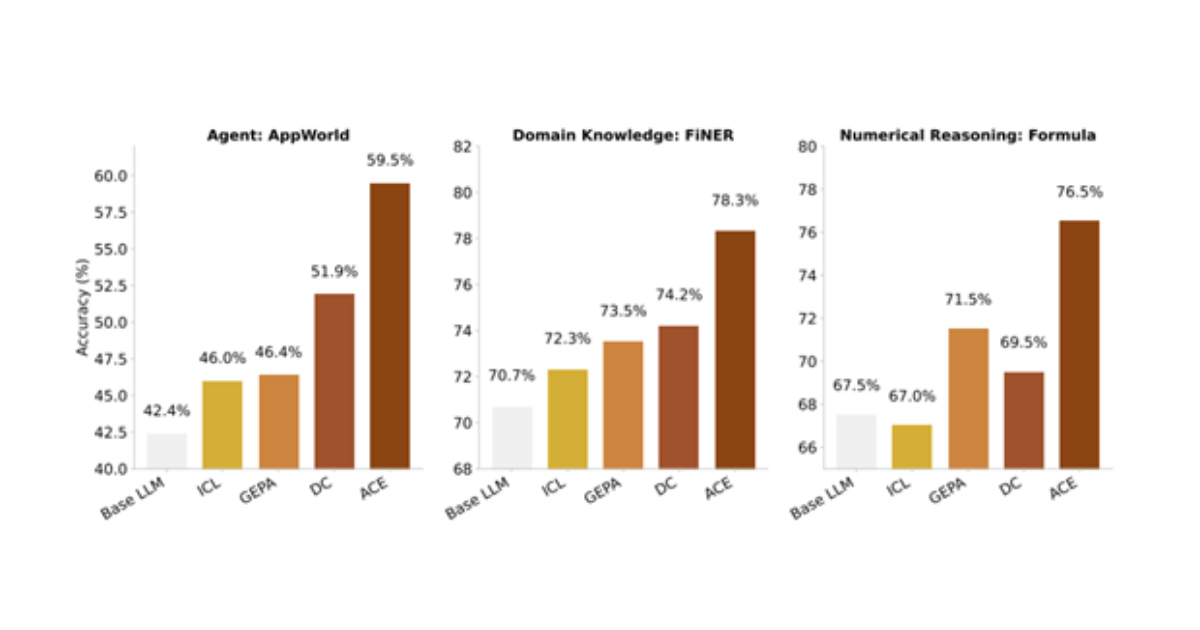Codetown
Codetown ::: a software developer's community
What is Computational Linguistics?
Tags:
Replies to This Discussion
-
Permalink Reply by Jim White on November 22, 2011 at 11:01pm
-
Commercial applications of computational linguistics have been growing by leaps and bounds. IBM created a new poster child for the field with their Jeopardy champion Watson, and most everyone has used Google Translate and/or Voice by now (and fewer yet will have escaped interacting with an Automated Voice Response system). Commercial segments making significant use of NLP include web marketing, medicine, biomedical research, finance, law, and customer call centers.
In the most general terms, computational linguistics is applying computational methods to problems in linguistics. Linguistics then is the study of human language in all its aspects. Although it hasn't received a lot of press until recently, computational linguistics has been around pretty much since the development of the computer. One of the first uses of digital computers (and a key impetus for their development) was in code breaking, which is an application of "compling" (I know, it looks like a typo for "compiling" but CL looks like Common LISP to me). The Association for Computational Linguistics (ACL), the largest and oldest scientific and profssional society in the field, will hold its 50th annual conference next July.
Being such a broad field there are of course many specializations and various communities with differing objectives and vocabularies. Folks primarily focused on engineering computer systems that process human language at a level deeper than simply character strings are generally under the Natural Language Processing (NLP) banner. The commercial success of CL applications and the focus on some problems other than the traditional NLP ones (translation, text understanding, and speech recognition and generation) has spawned Text Analytics as another subfield that is closely associated with Business Intelligence (itself largely commercial application of machine learning methods). Perhaps the biggest focus of Text Analytics has been on sentiment analysis, which assesses a speaker's attitude or mood in something they've said or written (we usually say "speaker" even when the medium is written or typed). There are many businesses that use sentiment analysis on the web to find out what folks are saying about them and their products, in call centers for quality control, and in finance to predict future prices. Applications in law and government include "e-discovery" and smart OCR systems. Lastly, and far from leastly, is compling in the medical field and the specialized domain knowledge it calls for which is known as bioinformatics. Bioinformatics may well be compling's "killer app" because of the tremendous opportunity to do good. Answering technical questions for medical practitioners is the application IBM has targeted as Watson's "day job".
This is a big topic and I have lots I would like to say, so I intend to drop in here often. So stay tuned!~~~~ Jim White
-
-
Permalink Reply by John Considine on November 23, 2011 at 10:01am
-
On a similar note: This fall a colleague of mine informed me of a class being offered by two Standford professors. It is Introduction to Artifical Intelligence (ai-class.com). I signed up for the course along with 138,000 other students. It has been interesting to see some of the therories and formulas used to help the computer find the correct answer. Prior to starting the class, I did not realize it is mostly related to statistics. I just finished the midterm and will hopfully learn alot more as the course continues.
-
-
Permalink Reply by Eric Lavigne on November 25, 2011 at 12:33pm
-
Next semester Stanford is offering a wider variety of online courses. One of them is specifically on natural language processing:
There are also some other courses that would make good follow-ups to the AI course.
Machine learning: http://jan2012.ml-class.org/
Probabilistic graphical models: http://www.pgm-class.org/ (These are the kinds of graphs you saw in the AI course - not about pictures)
Game theory: http://www.game-theory-class.org/
-
-
Permalink Reply by Michael Levin on November 25, 2011 at 12:53pm
-
Excellent. Thanks, Eric!
Eric Lavigne said:Next semester Stanford is offering a wider variety of online courses. One of them is specifically on natural language processing:
There are also some other courses that would make good follow-ups to the AI course.
Machine learning: http://jan2012.ml-class.org/
Probabilistic graphical models: http://www.pgm-class.org/ (These are the kinds of graphs you saw in the AI course - not about pictures)
Game theory: http://www.game-theory-class.org/
-
Notes
Welcome to Codetown!
 Codetown is a social network. It's got blogs, forums, groups, personal pages and more! You might think of Codetown as a funky camper van with lots of compartments for your stuff and a great multimedia system, too! Best of all, Codetown has room for all of your friends.
Codetown is a social network. It's got blogs, forums, groups, personal pages and more! You might think of Codetown as a funky camper van with lots of compartments for your stuff and a great multimedia system, too! Best of all, Codetown has room for all of your friends.
Created by Michael Levin Dec 18, 2008 at 6:56pm. Last updated by Michael Levin May 4, 2018.
Looking for Jobs or Staff?
Check out the Codetown Jobs group.
InfoQ Reading List
Bring Your Own Key (BYOK): AWS IAM Identity Center Adopts CMKs to Meet Enterprise Compliance Needs

AWS IAM Identity Center now supports customer-managed KMS keys (CMKs) for encrypting identity data at rest. This enhancement offers organizations complete control over their encryption keys, ensuring granular access management, robust auditing via AWS CloudTrail, and improved compliance for regulated industries. It’s a key evolution for data sovereignty in the cloud.
By Steef-Jan WiggersAWS Introduces EC2 Instance Attestation

AWS has introduced EC2 instance attestation, a new security feature that enables customers to verify that their virtual machines are running approved software configurations in a cryptographically secure manner. The capability is powered by the Nitro Trusted Platform Module (NitroTPM) and Attestable AMIs.
By Renato LosioFlipkart Scales Prometheus to 80 Million Metrics Using Hierarchical Federation

Flipkart engineers recently published a detailed case study describing how they overcame severe scalability limits in monitoring by adopting a hierarchical federation design in Prometheus.
By Craig RisiTerraform Google Cloud Provider 7.0 Reaches General Availability

HashiCorp has released version 7.0 of the Terraform provider for Google Cloud, introducing security-focused improvements such as ephemeral resources, write-only attributes, and stricter validation. The update enhances secret handling and reliability but introduces breaking changes requiring careful migration.
By Mark SilvesterResearchers Introduce ACE, a Framework for Self-Improving LLM Contexts

Researchers from Stanford University, SambaNova Systems, and UC Berkeley have proposed Agentic Context Engineering (ACE), a new framework designed to improve large language models (LLMs) through evolving, structured contexts rather than weight updates. The method, described in a paper, seeks to make language models self-improving without retraining.
By Robert Krzaczyński
© 2025 Created by Michael Levin.
Powered by
![]()